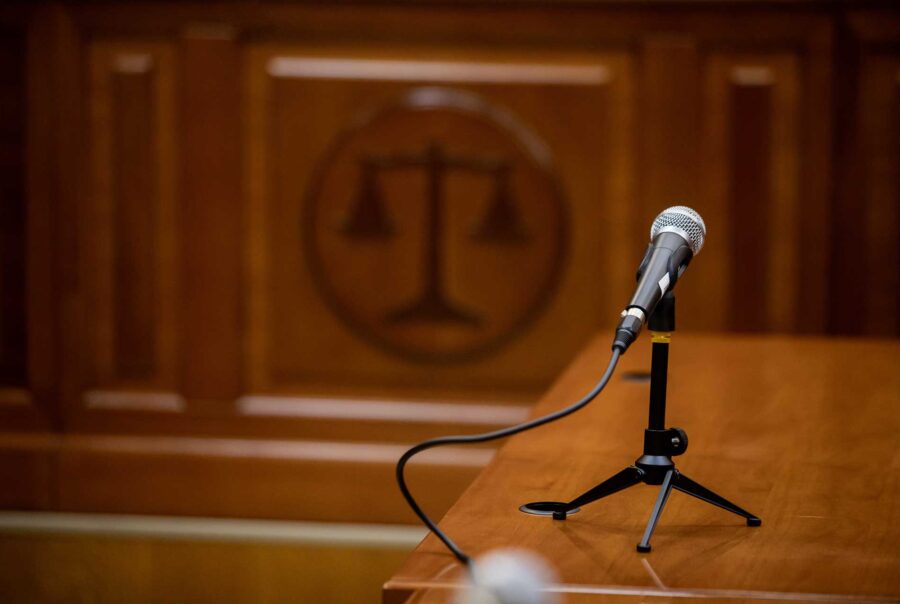Technical Expert Testimony
Justin Schott
Justin Schott, Director of the Energy Equity Project and Lecturer of Energy Justice at the University of Michigan’s School for Environment and Sustainability, testified in a case before the Illinois Commerce Commission involving a proposed rate increase by Peoples Gas.
In his role as Director of the Energy Equity Project, Schoot led the development of The Framework to Measure and Advance Energy Equity. Schott first provided an overview of the Framework including its four pillars of energy justice — Recognition, Procedural, Distributive, and Restorative. Schott explained how the framework shed light on the primary considerations for assessing requests for rate increases including: reducing or eliminating disconnections and reducing the maximum energy burdens faced by customers to decrease disparities on BIPOC households.
Schott explained that between April to November 2022, Peoples Gas issued 15,410 disconnections, 60% of which did not result in reconnection and 1,814,882 late fees. Disconnections can cause an array of health problems and the late fees resulted in an overall increased energy cost of 19.6% per year for customers. Majority Black, Hispanic, or Asian communities have faced disconnection notices and rates at almost double and triple the rate of white communities, respectively, even where income is an equalizing factor. These disparities, Schott noted, constitute the definition of environmental racism set forth by Dr. Robert Bullard. Schott went on to discuss how PGL’s definition of “low-income” customer is so restrictive that it only provides low-income benefits to a sixth of People’s Gas customers that should be classified as low income.
Schott recommended Peoples Gas maximizing low-income discount credit enrollment by enabling automatic enrollment and annual recertification, allowing for customer self-certification and ensuring equitable participation on the basis of zip code and demographics. To support increased affordability, Schott recommended that People’s Gas offer energy efficiency programs and proactive efforts to enroll customers in bill assistance programs.




